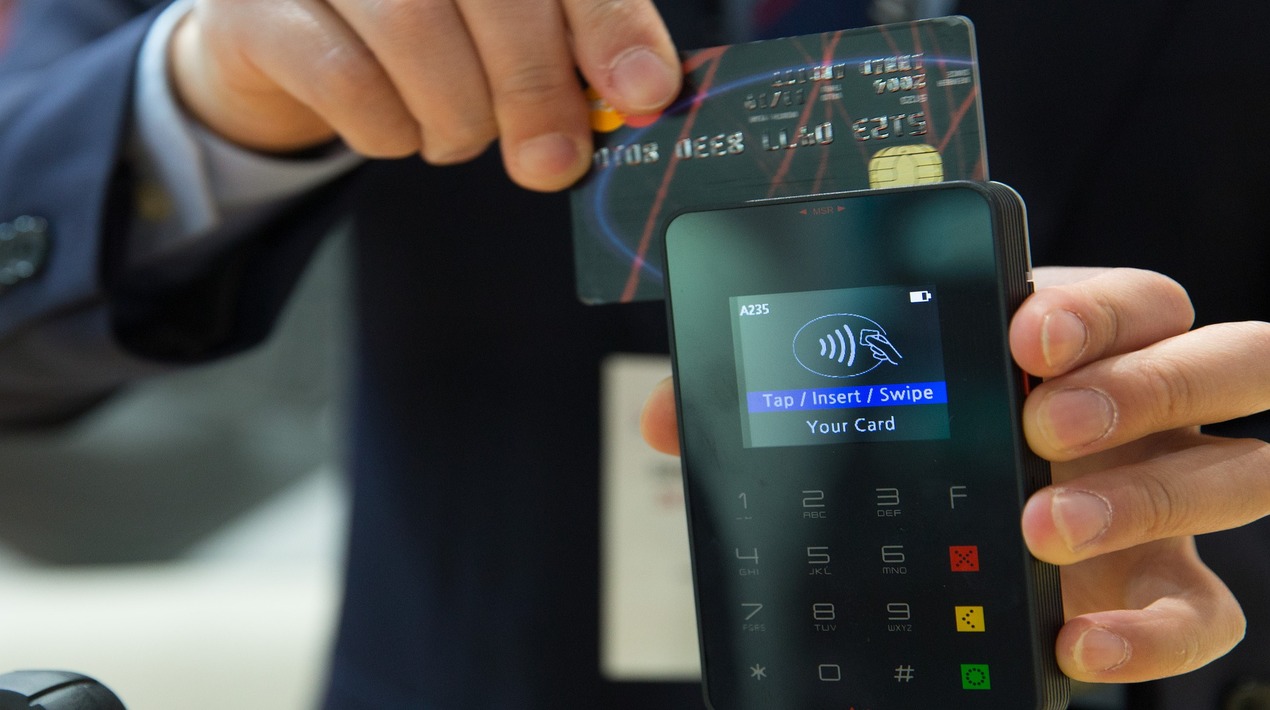
When the country implemented health and social-distancing protocols, the COVID-19 pandemic catalysed the shift in awareness and provided the necessary push for more consumers – individuals, businesses, and the government – to use digital payments.
Governor of the Bangko Sentral ng Pilipinas (BSP) is optimistic that a payment system based on the quick response (QR) code will help the central bank’s efforts to increase electronic payment transactions in the country despite the country’s poor internet connectivity. He stated during the virtual launch of the QR PH P2M programme that the QR PH for person-to-merchant (P2M) transactions uses QR codes.
“To receive payments merchants only need to print QR codes, which the respective payments service provider will generate for them, display those codes, and obtain payments by simply asking their customers to scan the code without necessarily getting connected to the internet. Confirmation of successful payments transactions may also be received by both the merchants and the customers,” the governor said during the briefing streamed through the central bank’s social media page.
Electronic payments, which got boosted since the government-imposed movement restrictions at the start of the pandemic, are expected to grow even more with the use of QR codes for payments. The governor expressed optimism about the future growth of digital financial transactions, citing the fact that more people now own smartphones and have access to the internet.
OpenGov Asia reported on an article stating in a recent meeting, the BSP governor confirmed that the BSP will continue to collaborate with the Philippine Payments Management Inc. (PPMI) to ensure that every Filipino can be a part of the increasingly digital Philippine economy. The PPMI is a self-governing body run by payment industry participants that are recognised as the country’s payment system management body by the BSP.
The two bodies are working together on several fronts to better the overall national financial landscape in a bid to drive the economy and offer a better consumer experience. The PesoNet Multiple Batch Settlement (MBS) is expected to be in place by the end of this year. With most businesses relying on digital payments, credit and debit cards, rapid and efficient batch settlements are of vital importance for sustainability. In essence, e-payments are a digital alternative to the traditional, physical cheque system. Like cheque settlements, the MBS will clear sets of approved digital transactions. Increasing the frequency of e-payment settlements from once to twice daily will give businesses a significant boost. It will speed up the payment process for high-value transfers and assist businesses in meeting their funding requirements.
In addition, QR PH P2M runs its operations using one of the two electronic payment facilities provided by the central bank’s National Retail Payment System (NRPS). He then noted that they anticipate an increase in the number of QR PH P2M participants in the coming days and that using the QR code is less expensive than using a point-of-sale (POS) terminal. It is also mentioned that the QR PH empowers consumers by allowing them to choose their digital payment service through the interoperability feature of QR PH payments, which is in line with the United Nations’ principles on the responsible use of digital payment.
The Philippines’ central bank has announced that digital payments have surpassed the central bank’s target of 20% of total monthly payment volume by 2020.
The Bangko Sentral ng Pilipinas (BSP) said in a statement that 20.1% of monthly payments volume will be done digitally by the end of 2020, a significant improvement from the 2020 first semester estimates, which put digital payments volume at 17%. The BSP also stated that the value of digital payments increased significantly from 25% to 26.8% during the same time.
Furthermore, it was acknowledged that the increased use of digital payments was driven by high-frequency, low-value retail transactions such as person-to-merchant payments and person-to-person payments such as electronic fund transfers.
















